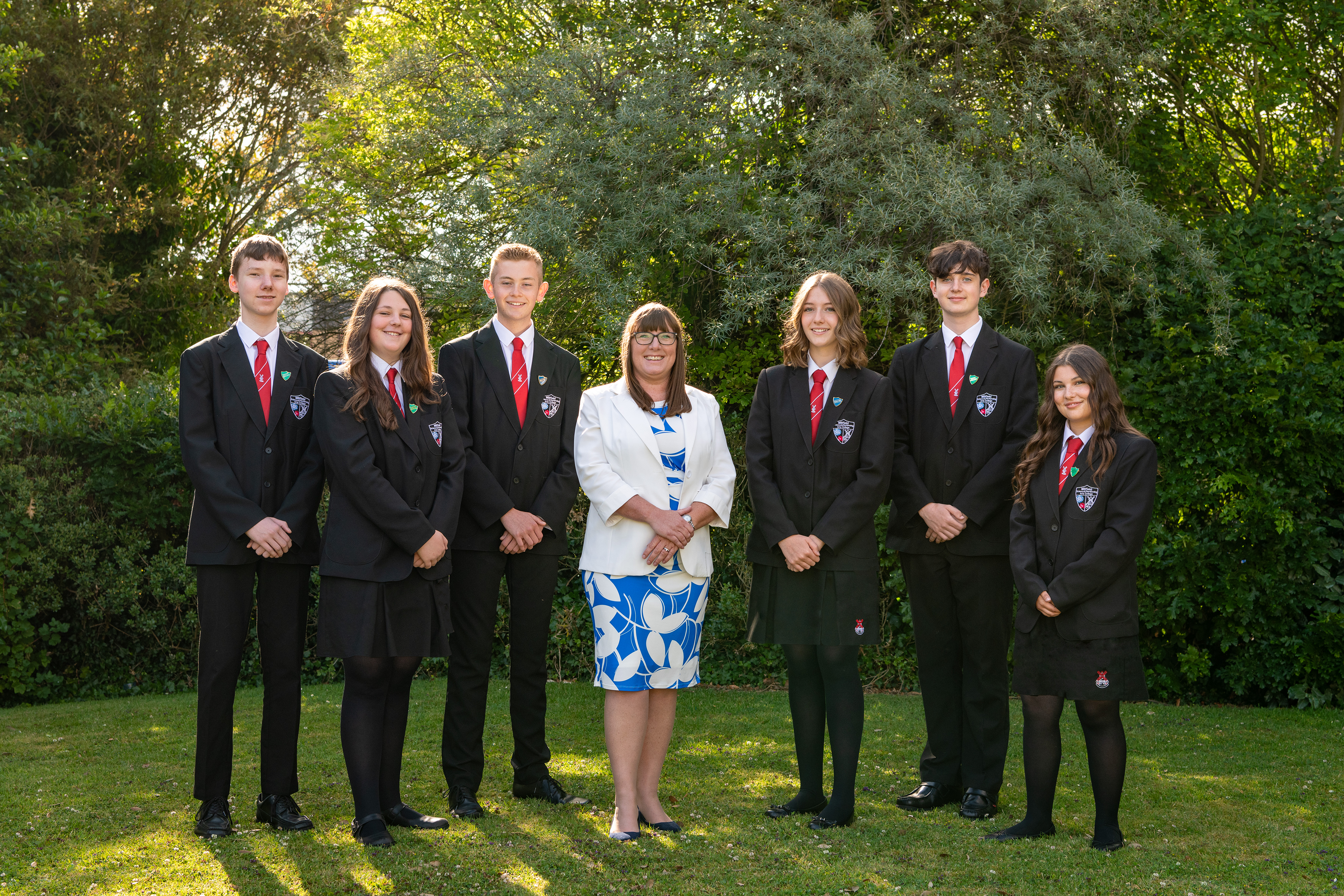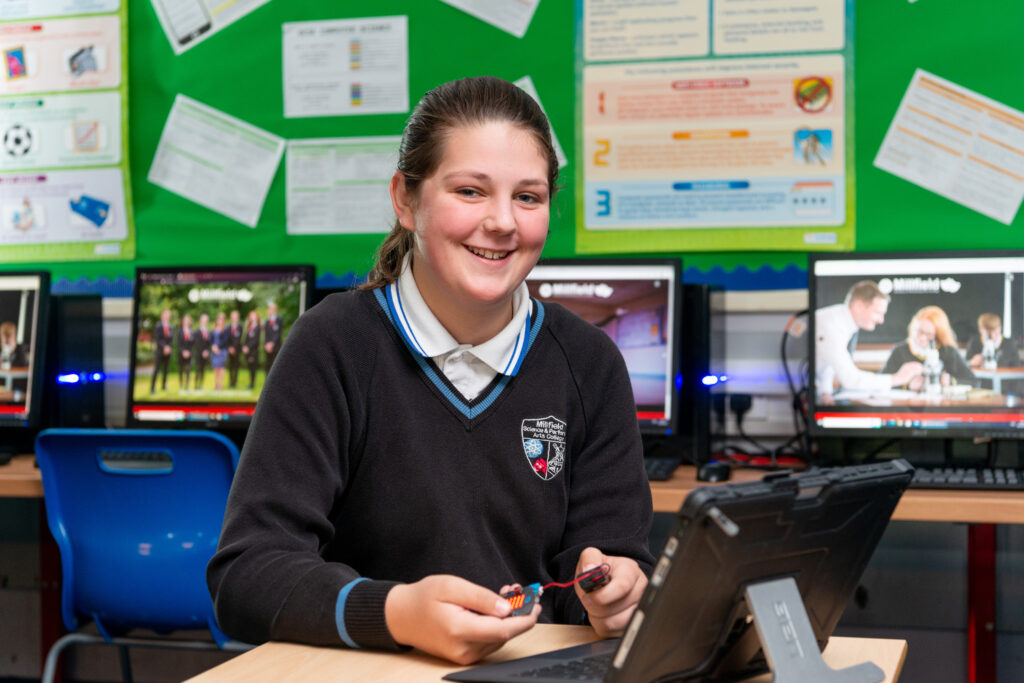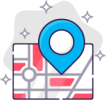



Computer Science




Our Computer Science curriculum is broad and balanced, providing students with the opportunity to gain and improve the skills, knowledge and understanding they need to progress into the wider world. This is achieved by harnessing student interest and daily use of modern-day technology. Our aim for our students is for them to be able to progress into the wider world with the necessary computer skills required in today’s society. These are not just computer science skills, but basic information technology skills which cover the use of Office based packages and some specialist software, such as Photoshop, Illustrator, Micro:bit and Python.
In Year 7 we aim to ensure all students are working at the same level at the start of KS3. Students at KS2 should have experience of using block based programming and basic IT skills but all have varied levels of skill. Once we have ensured all students are working at the same level, we embed the key skills of using basic Office packages and programming languages. We then build on these further by learning to use Office packages to their full potential, along with the fundamentals of programming languages, so they can be applied to learn multiple languages.
“First, solve the problem. Then, write the code.”
Our Key Stage 3 curriculum is designed to teach programming, programming fundamentals, problem solving, logical thinking and how a computer works, alongside using Office packages such as Excel, PowerPoint, and Word. In Year 7 we use Micro:bit block-based programming language, which gives students the fundamentals to programming which can then be applied to Scratch and Python programming language in Year 8 and Year 9. In Year 9 we prepare for GCSE courses by delivering units of work that will prepare students for the options process. Once students have chosen their options, they work through a series of challenges to prepare them for the GCSE course they have opted for. If they decide not to opt for one of the courses we offer, they work on functional IT skills which will be invaluable for other GCSE courses as well as future employment.
At Key Stage 4 students can choose GCSE / Cambridge National options:
Computer Science GCSE (OCR). Students develop their understanding and application of the core concepts in Computer Science, Computational Thinking, Algorithmic Logic, and Programming fundamentals. Students analyse problems in computational terms and devise solutions by designing, writing, testing, and evaluating programs.
Creative iMedia Cambridge National (OCR) – Students develop the wide range of knowledge and skills needed to work in the creative digital media sector, working in roles such as animation, graphic design, and video production. Students start at pre-production planning (mood boards, mind maps, storyboards) and develop their skills through practical assignments.
Enterprise and Marketing Cambridge National – Students develop the practical skills and applied knowledge they will need in business. Practical elements build on theoretical knowledge so that students can put their learning into practice while also developing valuable transferable skills.
The ICT area opens every lunchtime to allow students to use the facilities. This resource is fully supervised by staff. In addition to this we also have a Coding Club on offer after school where students can work together to solve problems using a variety of languages and hardware.
